So you’re interested in starting a card collection? Whether you’re drawn to sports cards, trading cards, or even vintage playing cards, collecting cards can be a thrilling and nostalgic hobby. From the excitement of hunting for rare and valuable cards to the joy of organizing and displaying your collection, card collecting is sure to bring you hours of entertainment. In this article, we will explore some essential tips and techniques to help you get started on your journey as a card collector. So grab your favorite album or binder, and let’s dive into the wonderful world of card collecting together!
Why Start a Card Collection
Appreciating the Art and Design
Starting a card collection allows you to appreciate the art and design that goes into creating these collectible items. Whether it’s the beautiful illustrations on trading cards or the intricate details on sports cards, there is no denying the artistic value of these pieces. By collecting cards, you get to enjoy and showcase these artworks that might otherwise go unnoticed.
Preserving Historical and Cultural Significance
Card collecting is not just about the present, but it also helps preserve historical and cultural significance. Many card sets feature iconic moments in sports history or depict characters from popular movies and TV shows. By collecting these cards, you are preserving a piece of history and culture for future generations to appreciate and learn from.
Investment Opportunities
Card collecting can also be seen as an investment opportunity. Some cards, especially rare and limited edition ones, can be highly valuable over time. By carefully selecting and collecting cards that have the potential to increase in value, you can not only enjoy the hobby but also potentially make a profit in the future.
Social Interaction and Networking
Starting a card collection can also provide you with opportunities for social interaction and networking. Joining card-collecting communities, attending trade shows and conventions, or connecting with local collectors allows you to meet people who share the same passion. You can exchange knowledge, trade cards, and even make lifelong friendships through your shared love for card collecting.
Choosing a Card Category
Sports Cards
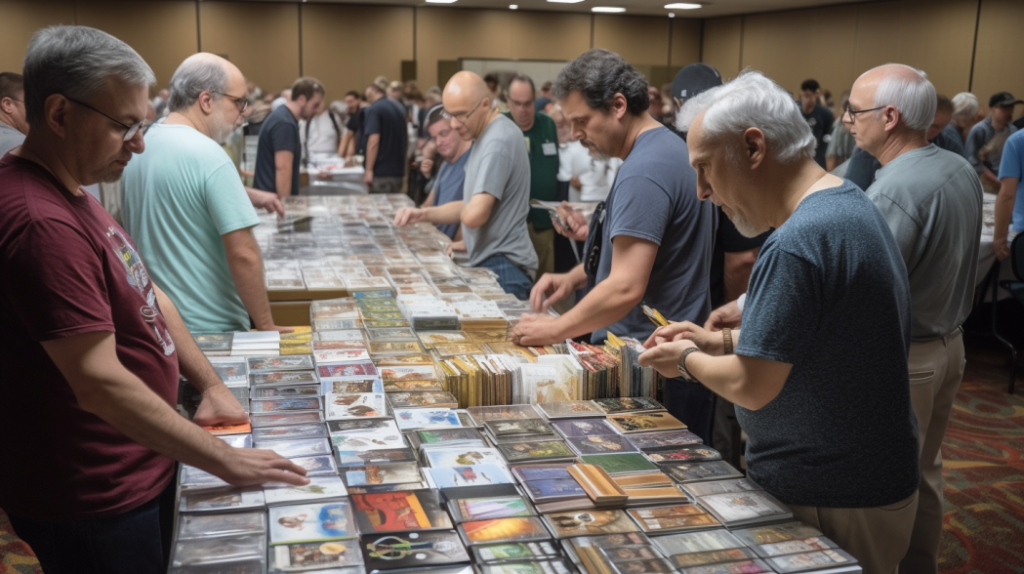
Sports cards are a popular category among collectors. These cards feature athletes from various sports and are usually associated with specific leagues such as baseball, basketball, football, and hockey. Sports card collectors often focus on specific players, teams, or eras, and collecting these cards can be a great way to show support for your favorite sports personalities.
Trading Cards
Trading cards encompass a wide range of categories and themes. From collectible card games like Magic: The Gathering to non-sports trading cards featuring popular franchises like Pokémon or Star Wars, there is something for everyone in this category. Trading cards often have unique gameplay mechanics and offer collectors the opportunity to build decks or complete sets based on their interests and preferences.
Collectible Card Games (CCGs)
Collectible card games, commonly referred to as CCGs, are a distinct category within card collecting. These cards are specifically designed for gameplay and often have their own rules and mechanics. CCGs like Pokémon and Yu-Gi-Oh! have gained immense popularity over the years and have thriving communities of players and collectors. Collecting CCG cards can be a dynamic and engaging way to enjoy the hobby, as you not only collect but also get to play with the cards.
Non-sports Cards
Non-sports cards cover a wide range of themes and subjects that are not directly related to sports. These cards can feature anything from movie characters, historical figures, comic book heroes, or even popular musicians. Non-sports cards allow collectors to explore different interests and hobbies beyond the realm of sports. With such a diverse range of subjects, there is always something new to discover and collect in this category.
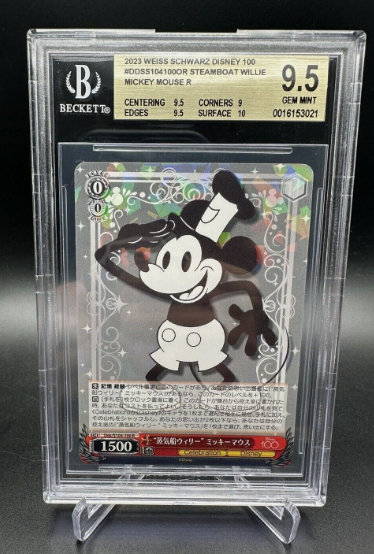

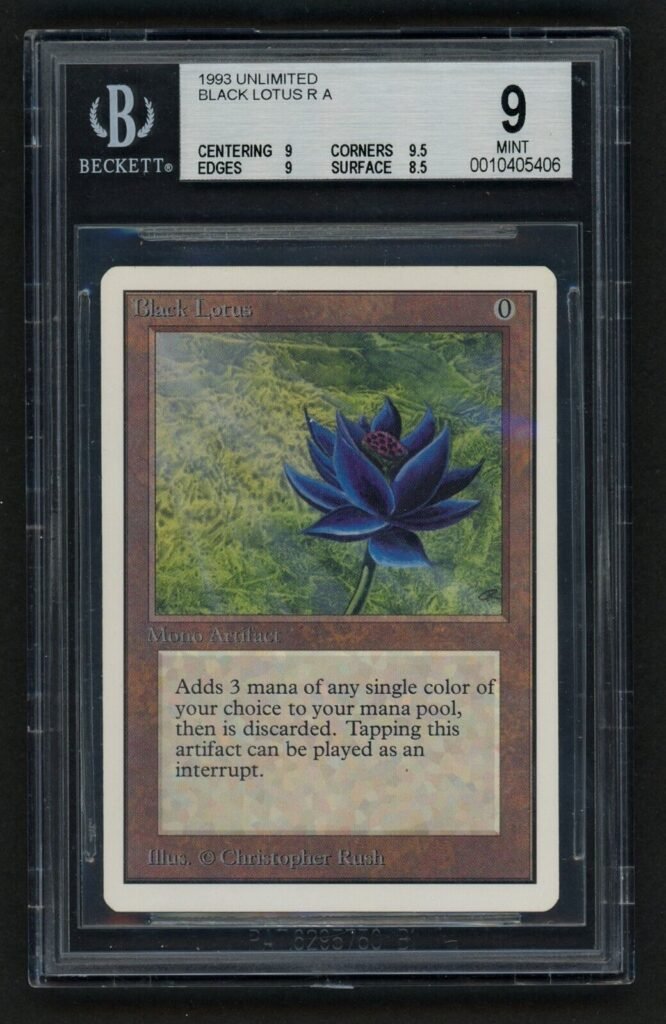
Types of Card Sets
Base Sets
Base sets are the foundation of any card collection. These sets typically include the core cards that make up a collection. Base sets often consist of the most common and widely available cards, serving as a starting point for collectors. Base sets are a great way to familiarize yourself with the hobby and get a sense of the overall scope and content of a particular card series.
Special Editions
Special edition card sets offer collectors a chance to get their hands on unique and limited cards. These sets often include exclusive cards that are not available in the base set. Special editions can feature different foil treatments, alternate artwork, or even autographs from notable individuals associated with the subject of the cards. Collecting special edition sets adds excitement and exclusivity to your card collection.
Limited Edition and Rare Cards
Limited edition and rare cards hold a special place in any collector’s heart. These cards are often produced in a limited quantity or have a unique feature that sets them apart from other cards in the set. Limited edition cards can include numbered prints, rare variants, or cards with special attributes such as being holographic or featuring swatches of game-worn materials. Owning limited edition and rare cards can significantly enhance the value and prestige of your collection.
Promotional Cards
Promotional cards are typically used as marketing tools for different brands or events. These cards are distributed as part of promotional campaigns and are often highly sought after by collectors. Promotional cards can be exclusive to certain events or available only through specific channels, making them a rare and desirable addition to any collection.
Insert Cards
Insert cards are additional cards inserted randomly into packs or boxes of cards. They are designed to add excitement and value to the collecting experience. Insert cards often feature special attributes like shiny foiling, unique artwork, or game-used memorabilia. These cards can be more challenging to find and complete sets, making them highly collectible and sought after by enthusiasts.
Researching the Market
Understanding Card Valuation
Before diving deep into card collecting, it’s essential to understand how card valuation works. The value of a card is influenced by several factors, including card condition, rarity, demand, and historical significance. Researching recent sales and historical data can give you a sense of the market value for specific cards or sets. Understanding card valuation helps you make informed decisions when buying, selling, or trading cards.
Following Trends and Demand
To stay ahead in the card collecting game, it’s important to keep track of trends and demand within the market. Certain players, teams, or themes may experience spikes in popularity, which can impact card values. By closely following the market trends, you can identify potential investment opportunities or understand the best time to sell or trade certain cards.
Identifying Authenticity and Condition
Authenticity and condition play a crucial role in the value of a card. Counterfeit cards are prevalent in the market, and it’s essential to learn how to identify authentic cards. Additionally, the condition of a card, such as centering, corners, edges, and surface quality, can significantly impact its value. Familiarize yourself with the grading standards and techniques used to assess card condition to ensure you are making informed purchasing decisions.
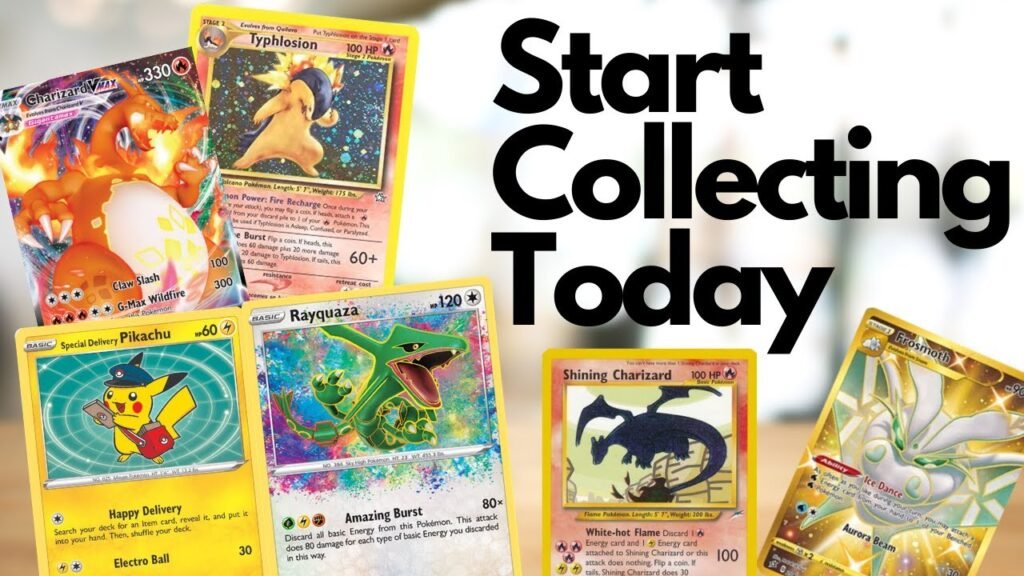
Setting a Budget
Determining Financial Commitment
Before starting your card collection, it’s important to determine your financial commitment. Collecting cards can range from being a relatively inexpensive hobby to a significant investment. Assess your financial situation and decide how much you are willing to allocate for your collection. Understanding your financial commitment helps you set realistic goals and ensures you can enjoy the hobby within your means.
Establishing Spending Limits
Once you have determined your financial commitment, it’s crucial to establish spending limits. Plan how much you are willing to spend on individual cards, sets, or packs. Setting spending limits helps you maintain control over your budget and prevents overspending. It also allows you to strategically allocate your funds towards cards or sets that align with your collecting goals.
Allocating Funds for Regular Purchases
In addition to setting spending limits, it’s important to allocate funds for regular purchases. Building a card collection is an ongoing process, and it’s beneficial to set aside a portion of your budget specifically for regularly acquiring new cards. Whether it’s purchasing new releases or adding to existing sets, allocating funds for regular purchases enables you to continuously grow and evolve your collection.
Storage and Organization
Card Sleeves and Toploaders
Proper storage is essential to protect and preserve the condition of your cards. Card sleeves and toploaders are affordable and readily available options for individual card protection. Card sleeves are thin, protective covers that fit over the card, while toploaders are rigid plastic holders that provide extra durability. Utilizing card sleeves and toploaders helps prevent damage from handling, moisture, and other external factors.
Binder and Card Pages
Binders and card pages offer an organized and easily accessible storage solution for larger card collections. Binders with card pages allow you to categorize and display your cards while keeping them protected. The transparent card pages keep the cards secure while providing visibility for easy browsing and showcasing. Organizing your cards in binders not only keeps them safe but also allows for efficient management and enjoyable browsing of your collection.
Box Storage Systems
For collectors with larger card collections or those looking for a more compact storage option, box storage systems are ideal. These systems range from simple cardboard boxes to specialized plastic cases designed to hold multiple cards. Box storage systems offer a space-efficient way to store cards while providing protection from dust, light, and other potential sources of damage. These storage options can be customized to fit your specific needs and collection size.
Display Options
If you want to showcase your collection, there are various display options available. Display cases, shadow boxes, or wall-mounted card frames allow you to exhibit your favorite cards or sets. These display options not only protect your cards but also allow you to enjoy and share your collection with others. Displaying your cards can enhance the visual appeal of your space and serve as a conversation starter when guests visit.

Building a Network
Joining Card Collecting Communities
One of the best ways to enhance your card-collecting experience is to join card-collecting communities. Online forums, social media groups, and dedicated websites provide platforms for connecting with fellow collectors. Engaging with these communities allows you to share your passion, seek advice, and learn from experienced collectors. Building connections within the card-collecting community can open doors to trading opportunities, valuable insights, and a sense of belonging.
Attending Trade Shows and Conventions
Attending trade shows and conventions is an excellent way to immerse yourself in the world of card collecting. These events bring together collectors, dealers, and industry professionals under one roof. Trade shows and conventions offer opportunities to buy, sell, and trade cards while providing a chance to meet with card manufacturers and get a sneak peek at upcoming releases. Being part of these events not only expands your network but also exposes you to the latest trends and developments in the card-collecting industry.
Connecting with Local Collectors
Connecting with local collectors can offer a more intimate and personal card-collecting experience. Joining local card-collecting groups or clubs allows you to meet collectors in your area and potentially participate in meetups or trading sessions. Local collectors can provide valuable insights into the local card-collecting scene, share tips on sourcing cards, or even offer guidance for organizing events or exhibits. Establishing connections with local collectors can create a sense of camaraderie and provide opportunities for shared experiences within your own community.
Trading and Selling Cards
Understanding Card Values and Rarity
When it comes to trading or selling cards, understanding their values and rarity is crucial. Familiarize yourself with the market prices and demand for specific cards or sets. Research recent sales and transactions to get an idea of the value range for different cards. Rarity plays a significant role in determining the desirability and value of a card. By understanding card values and rarity, you can make informed decisions when engaging in trading or selling activities.
Trading for Desired Cards
One of the most exciting aspects of card collecting is the ability to trade cards with other collectors. Trading allows you to acquire cards you desire while potentially offering cards from your collection that others are seeking. When trading, it’s important to communicate openly and honestly with the other party, ensuring a fair exchange. Trading not only adds diversity to your collection but also fosters relationships and connections within the card collecting community.
Selling Cards Online or Locally
If you have cards in your collection that you no longer wish to keep, selling them can be a viable option. Online marketplaces, auction websites, and card trading platforms provide avenues for selling cards to a wide audience. Ensure you accurately describe the condition of the cards and set reasonable prices. Alternatively, you can explore local options such as card shops or collector conventions where you can sell directly to collectors in your area. Selling cards allows you to generate funds for future purchases or recoup your investment if needed.
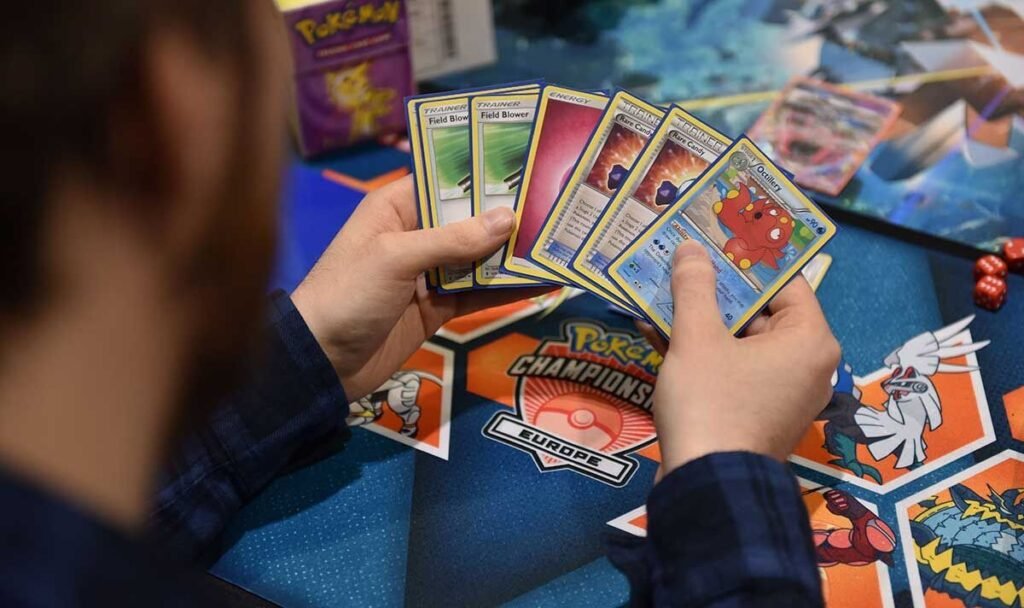
Card Grading and Authentication
Importance of Professional Grading Services
Professional grading services play a vital role in the card-collecting community. Grading services evaluate the condition of cards and assign them a grade based on predefined criteria. Graded cards come encapsulated in protective cases, providing a standardized and reliable assessment of their condition. Graded cards often carry higher value and are sought after by collectors looking for assurance regarding card authenticity and condition.
Understanding Grading Criteria
Each grading service has its own set of criteria for evaluating and grading cards. These criteria typically include factors such as centering, corners, edges, surface quality, and overall condition. Understanding the grading criteria of the service you choose allows you to assess the condition of your cards accurately and make informed decisions when sending them for grading. Familiarize yourself with the grading scales and definitions to ensure consistency and transparency in your card collection.
Authentication Process
Authenticity is of utmost importance in the card-collecting world, especially given the prevalence of counterfeit cards. Professional grading services also provide authentication services, ensuring that the cards you possess are genuine. Authentication involves a thorough examination of various aspects of a card, including printing techniques, fonts, holograms, and other security features. Having authenticated cards in your collection adds credibility and peace of mind, especially when dealing with valuable or rare cards.
Keeping Up with New Releases
Staying Informed through Card Manufacturers
To keep up with new releases, it is essential to stay informed about the latest offerings from card manufacturers. Card manufacturers often release new sets, special editions, or limited edition cards throughout the year. Visiting their official websites, subscribing to newsletters, or following their social media accounts allows you to receive timely updates and announcements. By staying informed, you can plan your purchases, anticipate popular releases, and ensure you don’t miss out on exciting new cards.
Following Card Collecting Publications and Websites
Card-collecting publications and websites are valuable sources of information for collectors. Magazines, blogs, and online forums dedicated to card collecting provide insights into industry news, trends, and product reviews. These publications often offer in-depth articles about specific sets or cards, helping you make informed decisions about your purchases or trades. By following these publications, you can expand your knowledge, stay up-to-date with the latest developments, and gain a deeper appreciation for the art of card collecting.
Participating in Pre-Order Opportunities
Many card manufacturers offer pre-order opportunities for their upcoming releases. Pre-ordering allows collectors to secure their copies of highly anticipated sets before they become scarce or increase in value. Participating in pre-order opportunities often comes with additional perks, such as exclusive cards or bonuses not available after the release. By taking advantage of pre-order opportunities, you can ensure you have access to the latest releases and potentially acquire sought-after cards at a competitive price.
Starting a card collection is an exciting and rewarding hobby. From appreciating the art and design of cards to preserving historical significance, there are many reasons to embark on this journey. By choosing a card category that aligns with your interests and preferences, understanding the types of card sets available, researching the market, and setting a budget, you can begin building a collection that brings you joy and fulfillment. Don’t forget to invest in proper storage and organization systems, build a network within the card collecting community, and consider trading, selling, and grading cards to enhance your overall experience. Stay informed about new releases and enjoy the ever-evolving landscape of card collecting. Happy collecting!
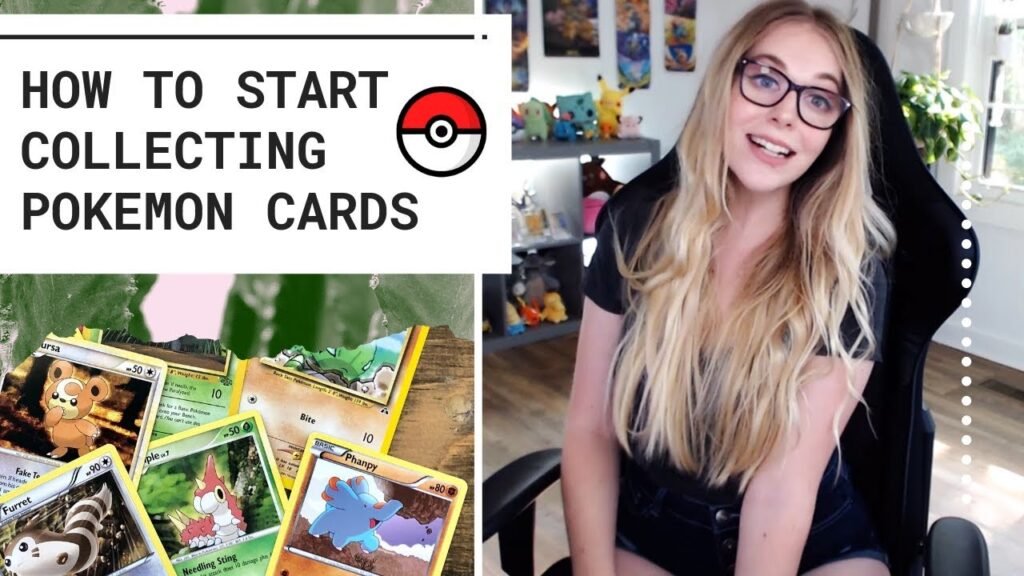

Hi there! I’m Felix Gonzalez and I am the owner of Card Collecting Insider, and I’m thrilled to welcome you to my site! With our tagline “Uncover the Art of Collecting, One Card at a Time,” I’m here to provide you with expert insights, valuable resources, and the latest trends in the world of card collecting. Whether you’re a seasoned collector or just starting out, I’m dedicated to helping you discover hidden gems and sharing insider tips to elevate your collection. So join me on this exciting journey, as I dive deep into the captivating realm of card collecting. Let’s unlock the true beauty of these collectible treasures together!

